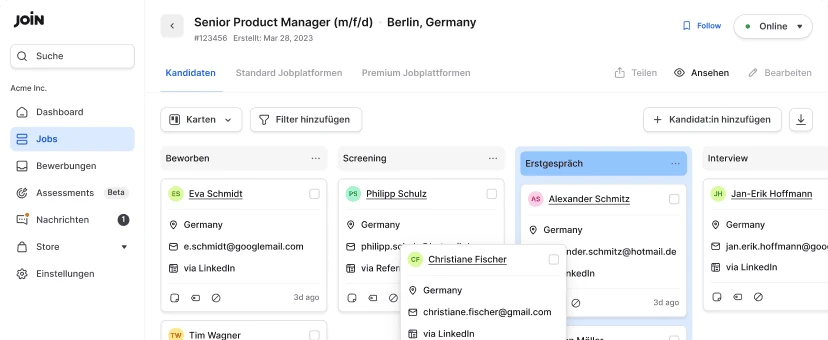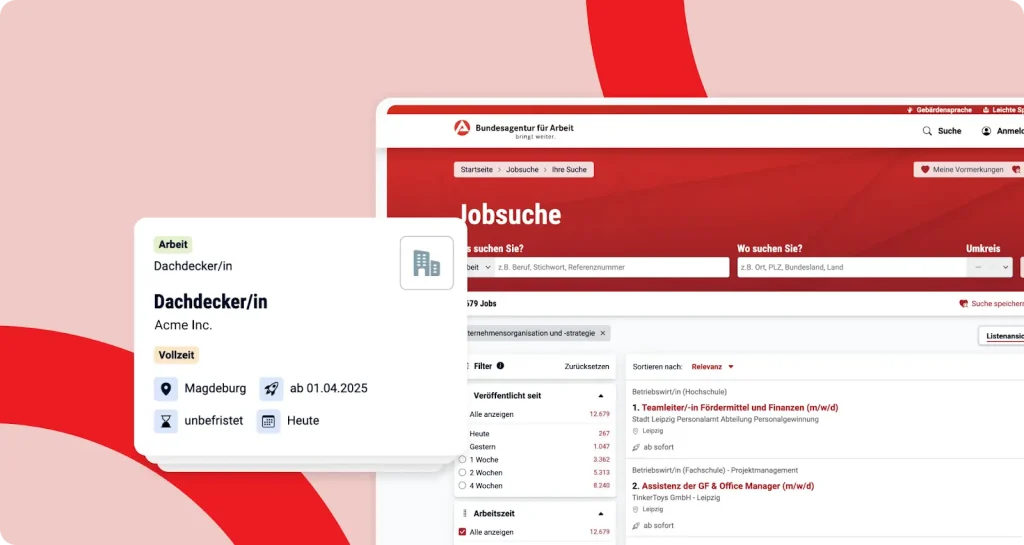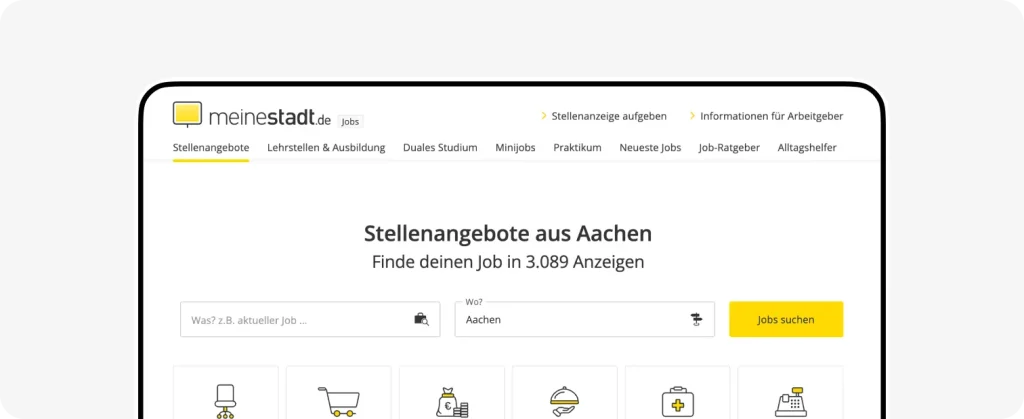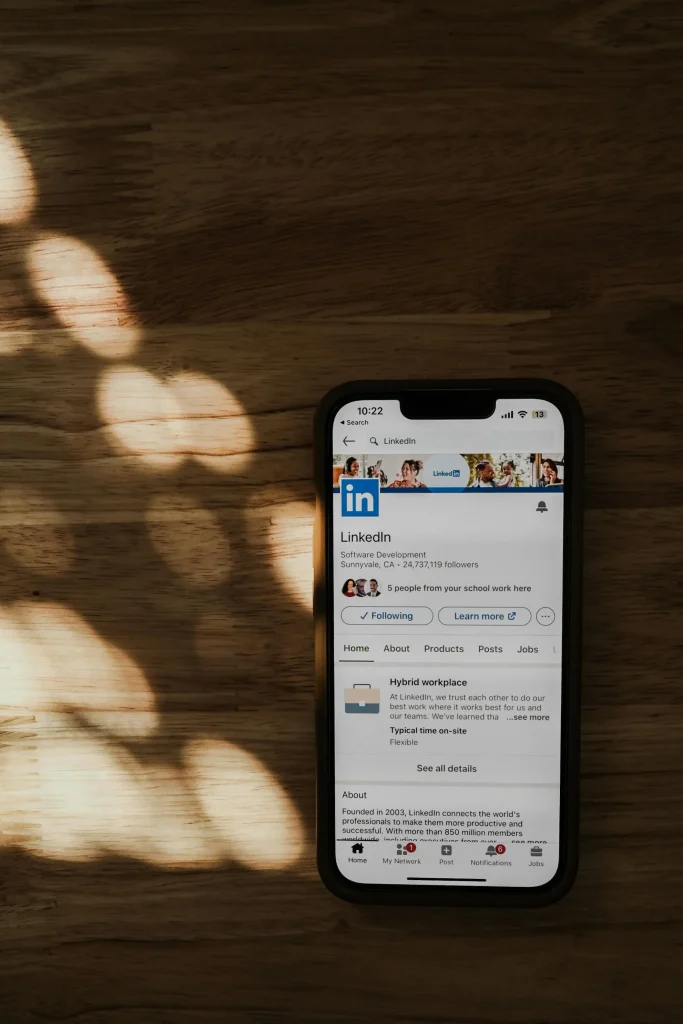Best interview questions for your hiring process
Software Engineer Interview questions
Software Engineers are coding experts with a background in computer science. They can specialise in designing, producing and maintaining either software, systems or applications, using customer behaviour and research to guide this process.
These are the skills a Software Engineer should have:
• Ability to produce, test and troubleshoot code.
• Fluency in a number of coding languages.
• Ability to use data to produce new computer systems.
• Excellent written and verbal communication skills.
• High level of problem-solving ability.
Interviewing a Software Engineer
A Software Engineer will be responsible for creating and maintaining computer software, systems or applications based on your customer or client’s needs. They will help to bring any systems back online if trouble should occur, and they ensure your company stays at the forefront of your industry in terms of tech.
So, hiring the right Software Engineer is critical, meaning that the interview process needs to be well-thought-out and thorough. To help you achieve this, we’ve put together a list of the right questions to ask your candidate.
It is important to note that these questions are designed to be used at the beginning of the hiring journey. That’s why they are less in-depth than may be needed for later in the process.
How to open the job interview
Even the most skilled of Software Engineers may get nervous when faced with an important job interview. And too many nerves may interfere with you getting an accurate read on their skills and personality.
To combat this, start the interview with a couple of relaxed questions that get the conversation naturally flowing. This will benefit both you and the candidate!
Best interview questions for your hiring process
See our Software Engineer job description hereFor the interview
A positive opener to start
How did you come to start off your Software Engineering career?
What is a software project you’re proud to have worked on?
Behavioral Questions
Can you give an example of a well-designed software program or system that you find inspiring?
What is a recent skill you’ve learned in terms of Software Engineering?
An ideal candidate is constantly learning new skills that they can bring back to your business. Here, you’ll get an idea of whether this is a behaviour that your candidate can bring to your company.
How do you stay up-to-date with new changes and trends in the Software Engineering industry?
Again, this will give you an idea of how the candidate stays up-to-date with an ever-changing industry. They could mention specific literature or workshops and events that they attend.
What type of working environment do you work best in?
This will help you to envision whether a candidate is a cultural fit for your company.
Soft Skills
How do you help to overcome disagreements between team members when working on a project with a tight deadline?
From time to time, Software Engineers will work collaboratively on projects, with Developers, Designers or other departments. Knowing they can help streamline communication between these individuals and use their expert knowledge to inform and finalise decisions will mean projects are constantly moving.
When working on software projects with stakeholders who are less technically informed than you, how do you ensure they understand your workings?
This will often be the case for Software Engineers. Knowing they have the people skills and communicative ability to guide less technical members of the team through a project is essential.
If you were faced with a task that you didn’t fully understand, what would your next step be?
Software Engineers need to be masters of research, so knowing they have the initiative to research and overcome a challenge is great peace of mind. They should also feel comfortable communicating with colleagues for assistance where needed.
If you noticed a colleague’s work wasn’t up to standard, how would you deal with this?
Having a candidate whose priority is quality is an excellent asset to your team. The candidate should have the people skills needed to approach their colleague and offer advice on how to improve their quality of work.
Hard Skills
What software engineering tools are you most experienced in using?
Here, you’ll get an idea of how a candidate has worked in the past and how this fits in with your current way of working. You will also be able to visualise what they will need to be onboarded with and what new skills they can bring to your team.
What skills do you think you can bring to this role that makes you the ideal Software Engineer for our team?
This question will give your candidate the chance to show off any skills and confidence areas they have that makes them the ideal choice. They may mention soft or hard skills here.
What programming languages are you most confident with?
Here, your candidate’s knowledge and experience are put to the test. They should be able to mention some common languages such as Python and Java, and any extras are a bonus! You’ll also get an idea of whether their knowledge will suit your company’s needs.
What is the largest software product you’ve worked on?
Knowing the scale your candidate has worked on will help you to imagine how easily they’ll slot into your team.
Do you have any experience using project management tools? If so, which?
This will not be a make or break question in most cases, but it is good to know whether this will be something you need to onboard your candidate with if you’ll be using a tool like this.
Operational / Situational Questions
Imagine you’re helping to research new software for our company, how do you begin?
Helping the research process for new software will be a regular part of a Software Engineer’s role. Knowing that they have the skills needed to accurately and efficiently perform this task is important.
Imagine you are offered the role here, what would your first steps be?
This gives you an idea of the candidate’s drive and initiative, they should be prepared to deep dive into your ways of working, discover your customer’s wants and needs and catch up on what your current projects are.
Imagine you make a large mistake in a project you’re working on. How do you navigate this situation?
Your candidate should mention quickly and efficiently making changes to minimise disruption to the rest of the team. They should also be able to learn from this mistake and apply these learnings to a future project.
Imagine a stakeholder isn’t happy with an aspect of your software, what would your next steps be?
The answer should mention asking for specific feedback, and creating actionable points from this. They should then check in with the stakeholder when these changes are made, and learn from this for future scenarios.

Start hiring and prepare your interview
All platforms are available for you to promote your job through JOIN.
Create job ad for free


Here, your candidate will demonstrate their knowledge of the competition. You will also get an idea of their passion for the industry.